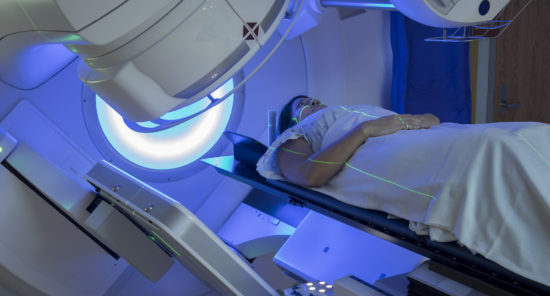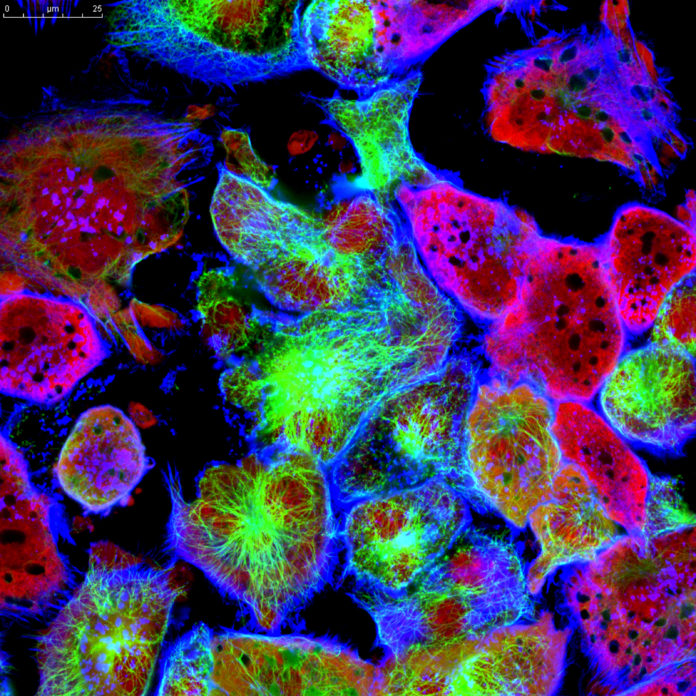Bracketed localization may be useful for breast cancer patients with large lesion spans, multifocal lesions, and a ductal carcinoma in situ (DCIS) or invasive lobular tumor, according to a study published in The American Surgeon.
This retrospective analysis comprised 113 patients who underwent bracketed localization for breast-conserving surgery (BCS) between 2015 and 2021. The researchers assessed for lesion span, number of lesions, histology type on biopsy and surgical specimen, margin status, and need for additional surgery.
Results showed that bracketed localization was most often used on patients with large lesions, multifocality, and a DCIS or invasive lobular component. The researchers noted these characteristics are usually linked to higher rates of positive margins. In this study, however, the rate of additional surgery was comparable with the national average of all BCS.
Reference: Lyons W, Lamm R, Duffner ER, Shames J, Willis AI, Lazar M. Bracketed Localization in Breast-Conserving Surgery: Indications and Success Rates From a Single, High Volume, Academic Breast Cancer Center [published online ahead of print, 2022 Jun 27]. Am Surg. 2022;31348221111516. doi:10.1177/00031348221111516









